Comparing books and movies is a tricky business; they’re different mediums made using different skills and far more besides. That said, they are both narrative mediums that explore themes, politics, relationships, human nature, and more. In that sense, they can be compared and contrasted.
With that in mind, here are a few films that actually improve on the books they’re based on. In one way or another, these movies actually surpass their original texts.

These films improved on the books
The ways in which these films improve on their source material differ from movie to movie. Some use unique filmmaking techniques—framing, lighting, costumes, camera work, music, sound design etc—to enhance the story’s themes. Others simply improve on how the characters and themes of the novel are presented through superior writing and dialogue.
Blade Runner
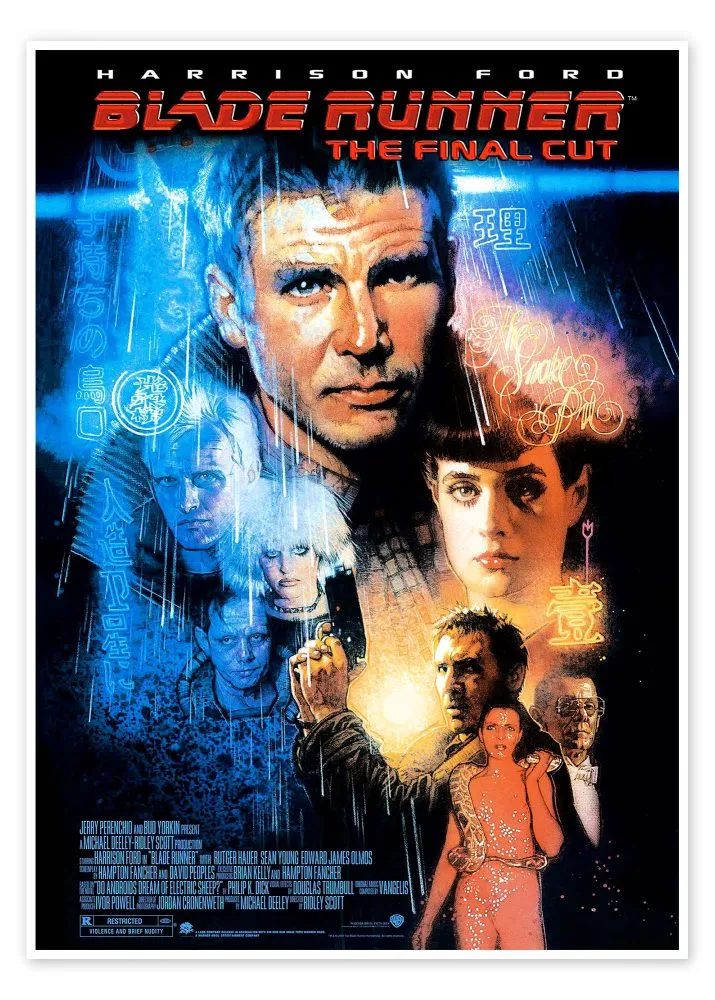
Directed by Ridley Scott, Blade Runner is based on the 1968 novel Do Androids Dream of Electric Sheep? by science fiction legend Philip K. Dick. The movie is a stunning work of filmmaking, with immaculate set design, costuming, sound design, and use of colour. But it also massively improves upon the original novel’s themes and characters.
The questions posed by Do Androids Dream of Electric Sheep? are intriguing and thought-provoking, but they are also paper-thin compared to how they are presented in Blade Runner. So much more space and depth is given to these questions. The movie is both more exciting than the book and, quite frankly, smarter.
The original sci-fi novel can be read as a first draft, with Blade Runner being the glorious final product. Dick himself didn’t live long enough to see the final film, but he did glimpse the process before his death and he was enormously impressed, feeling that his legacy was in safe hands.
Fight Club
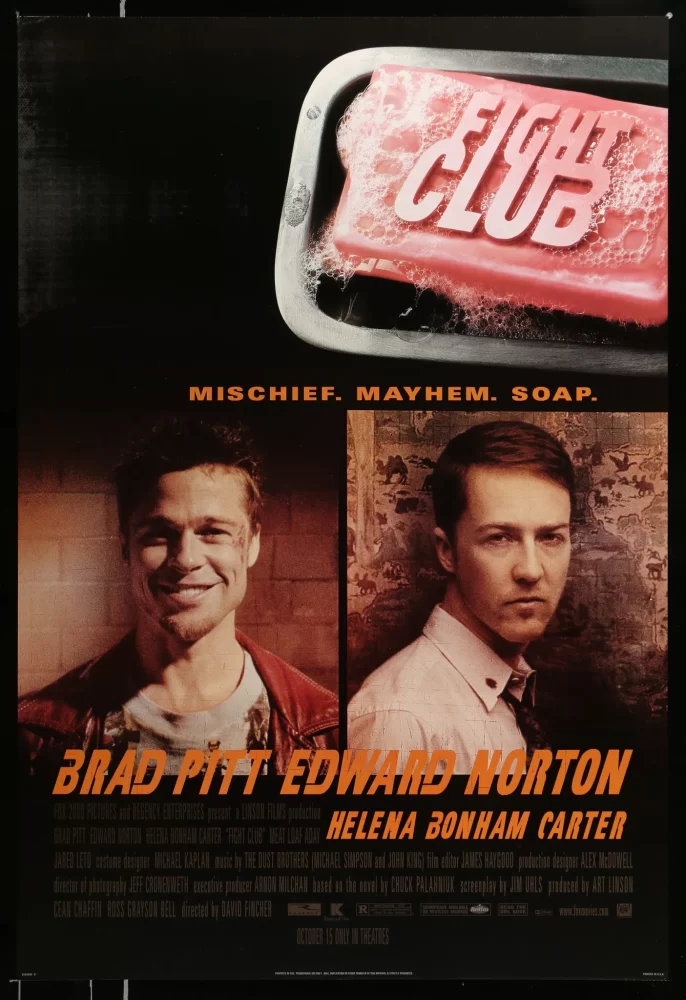
David Fincher’s Fight Club is, first of all, one of the most misunderstood and misinterpreted films of its time; often admired and revered by the very people (men) it is effortlessly critiquing and satirising. That aside, David Fincher’s 1999 film is far better than the novel it was based on, and the author agrees.
Chuck Palahniuk’s original novel is great, but its characters, events, and themes were elevated to perfection by Fincher. And I say this as a big Palahniuk fan (Haunted is a stunning and traumatising horror novel).
Stardust
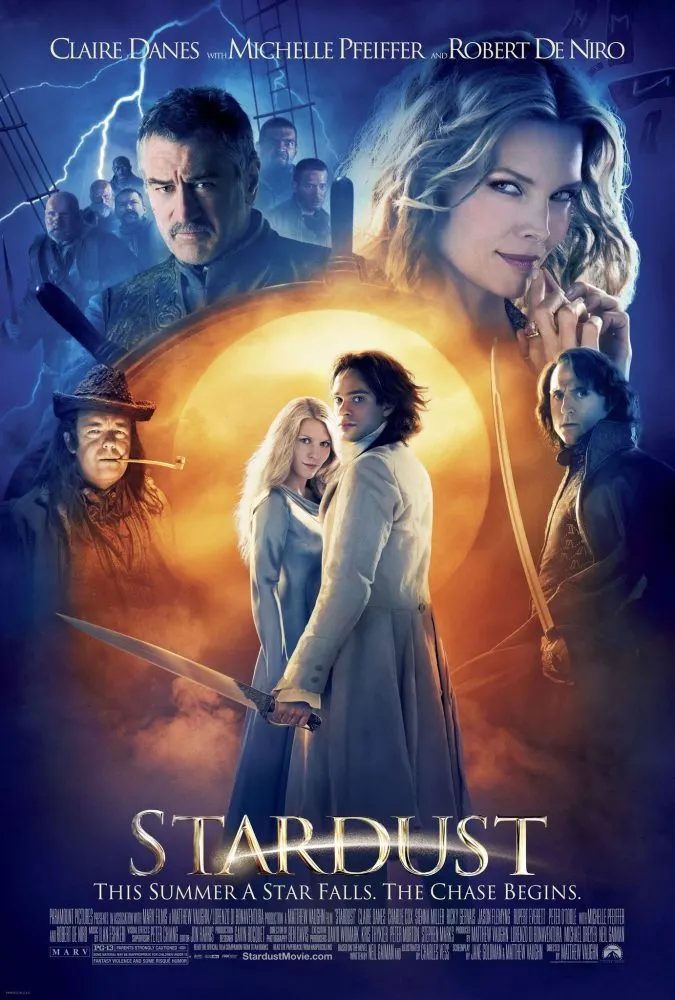
Speaking personally for a moment, Neil Gaiman is one of the authors responsible for my career—first as an English teacher, and then as a writer, editor, and YouTuber. His books and comics have had such a profound effect on me, and there are few authors I admire more. That said, Stardust isn’t a very good book, and the film is immaculate.
The 2007 movie, with its outstanding cast, gorgeous set and costume design, and snappy and hilarious dialogue, is a real labour of love. It remains a cult classic of British filmmaking from Matthew Vaughn’s early years as a director. It took Gaiman’s very mid novel and added so much colour and pomp; the movie is fresh, dynamic, beautiful, and exciting.
In the weirdest way, the Stardust movie feels far more like a Neil Gaiman story than the author’s original novel does.
Sense and Sensibility
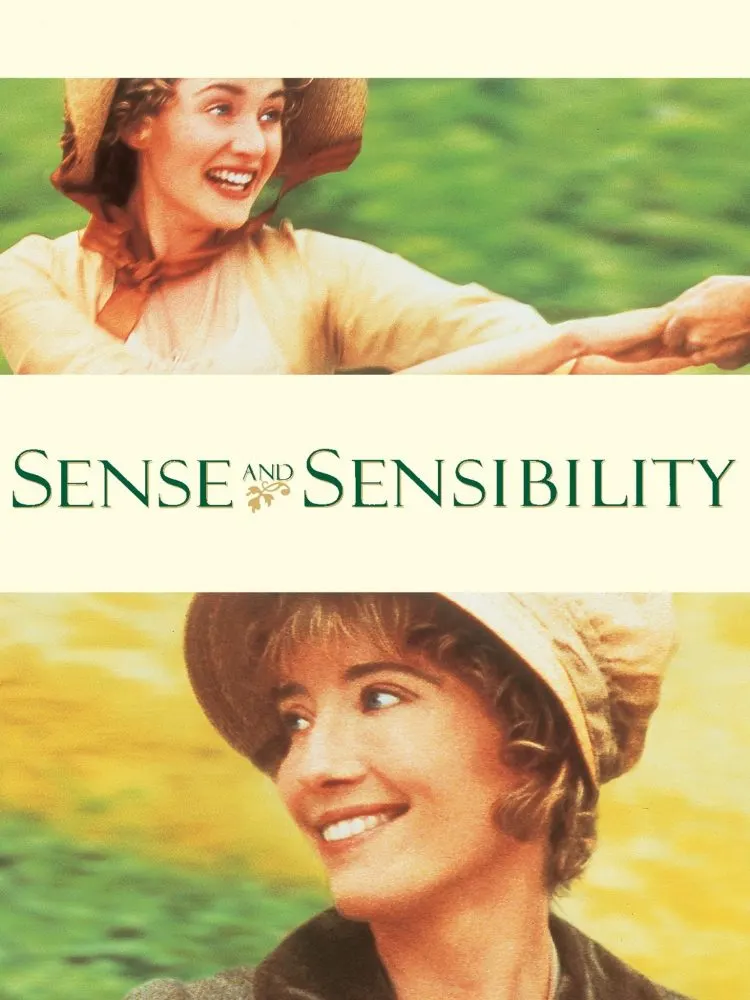
Directed by Taiwanese filmmaker Ang Lee, with an Oscar-winning screenplay by Emma Thompson (who also stars in the movie), Sense and Sensibility improves on Jane Austen’s debut novel in every possible way. Austen is a legend of English literature, but her first book is by far her weakest, hugely outshone by Pride and Prejudice, Emma, and Persuasion.
Through Thompson’s screenplay and Lee’s direction, so much more humour, love, and laughter is injected into Sense and Sensibility. And this is a curious thing, since humour and satire are what Austen would be primarily known for after the publication of Pride and Prejudice (her second novel).
Austen’s Sense and Sensibility very much feels like a debut novel; its characters lack dimension and her dialogue lacks the wit and bite she is revered for. But the movie has all of that and more. It enhances the novel and puts its story and characters on par with her other works.
Captain America: Civil War
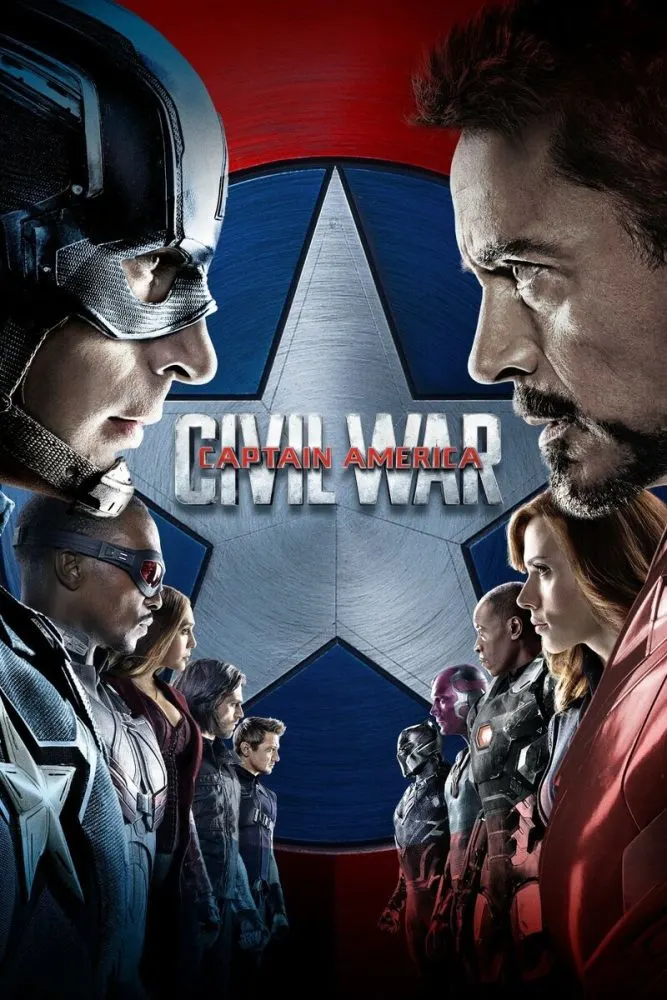
Directed by the Russo Brothers, the third Captain America movie was adapted from Mark Millar and Steve McNiven’s comic book of the same name, and the improvements made by the movie are enormous.
Mark Millar often has some fun and original ideas (Superman: Red Son and Kick-Ass are other good examples) but his writing is atrocious. He demonstrates little understanding of, or respect for, the characters he has been put in charge of, and his stories often aim to shock and anger his audience more than to achieve any real artistic goals.
That attitude is entirely missing from the Russo Brothers’ movie, which is an excellently written and balanced work of political and thriller fiction. Civil War is the kind of film that encourages conversation amongst fans; it is exciting, beautifully shot, well acted, and excellently written; taking a below average comic and making it into something special.
The Muppet Christmas Carol
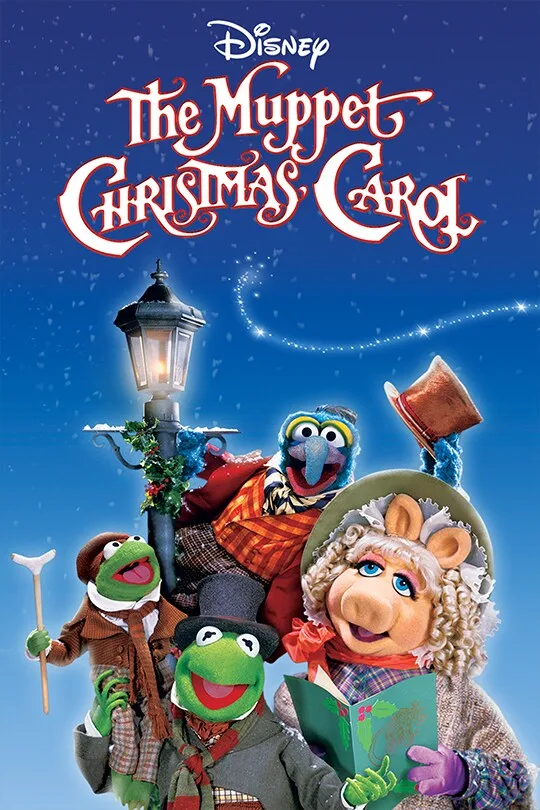
Charles Dickens’ A Christmas Carol remains a timeless classic of the English canon; a wonderfully imaginative and moralistic fable that lasts and lasts. But it doesn’t have muppets or a singing Michael Cain.
Conversely, the 1992 movie, directed by son of the legendary Jim Henson, Brian Henson, is positively chock full of muppets, and features a singing Michael Cain in the starring role of Ebenezer Scrooge. The film did the only two things that could improve upon Dickens’ masterpiece: add muppets and a singing Michael Cain.
Poor Things
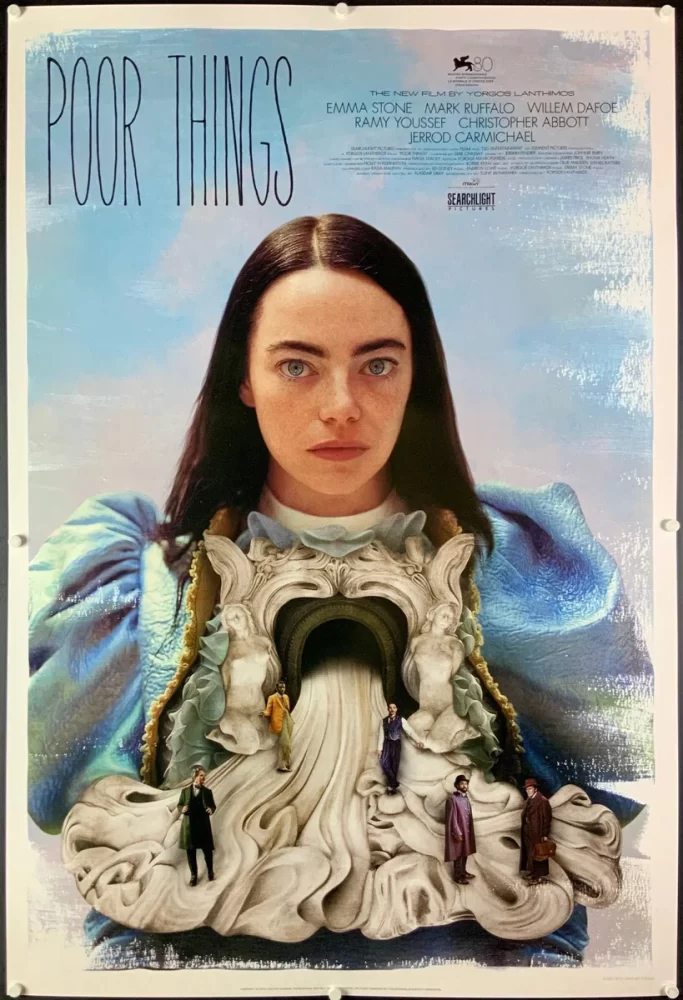
Greek Director Yorgos Lanthimos is a colossal talent. His strange and surreal movies have won awards across the board, and deservedly so. If anyone could adapt cherished Scottish author Alasdair Gray’s seminal novel, Poor Things, and do it justice, it would be Lanthimos. And so he did. In fact, in many ways, Lanthimos improved upon Gray’s astonishing novel.
Poor Things is a fantastic work of fiction; often tongue-in-cheek, it nevertheless explores themes of feminism and socialism in wildly original ways. But, using his talents as an imaginative and original filmmaker, Yorgos Lanthimos enhanced these themes, embedding them into the events, dialogue, and even the visual and audio designs of the film.
The Handmaiden
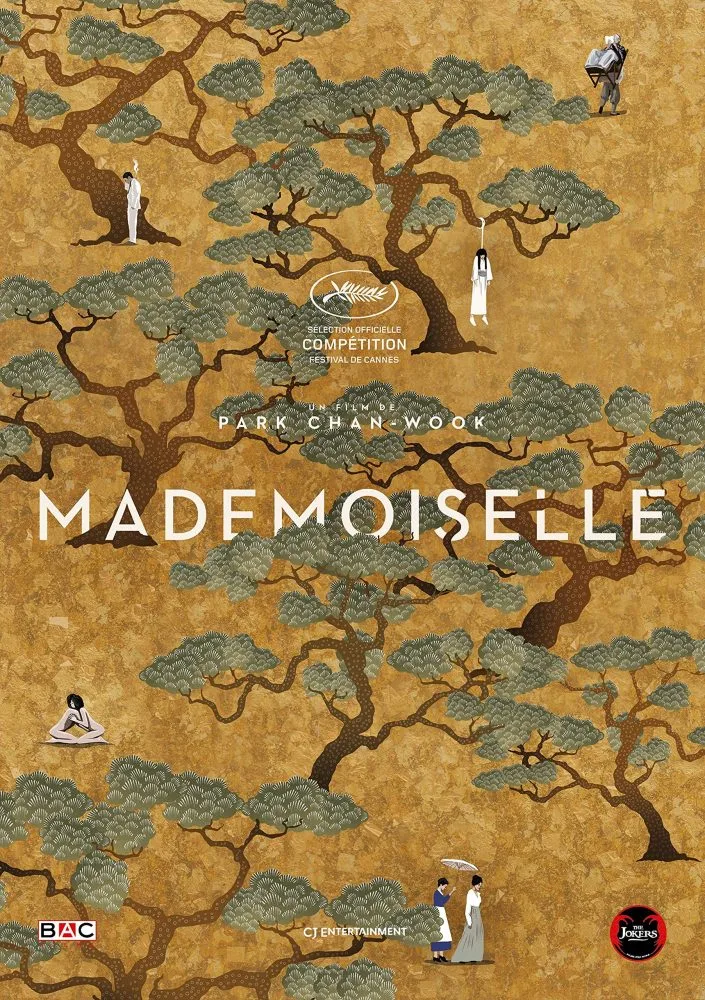
A popular opinion when it comes to musicians covering the work of other artists is that, if you’re going to do it, make it different. Switch the genre and the style; make it your own. Park Chan-wook’s The Handmaiden is an excellent cinematic example of this philosophy: an entirely original and uniquely Korean adaptation of an outstanding British novel.
Park Chan-wook’s The Handmaiden is a screen adaptation of Sarah Waters’ most celebrated novel, Fingersmith; an historical gothic novel of sapphic love, betrayal, and myriad twists and turns.
So much of what makes Fingersmith great is retained by The Handmaiden, but it is also very much a film about Korean history and culture. It is unmistakably a Park Chan-wook movie, and that comes with astonishing performances, beautiful audio-visual design, and an immaculate tone that is hard to match for any filmmaker.
The Woman in Black
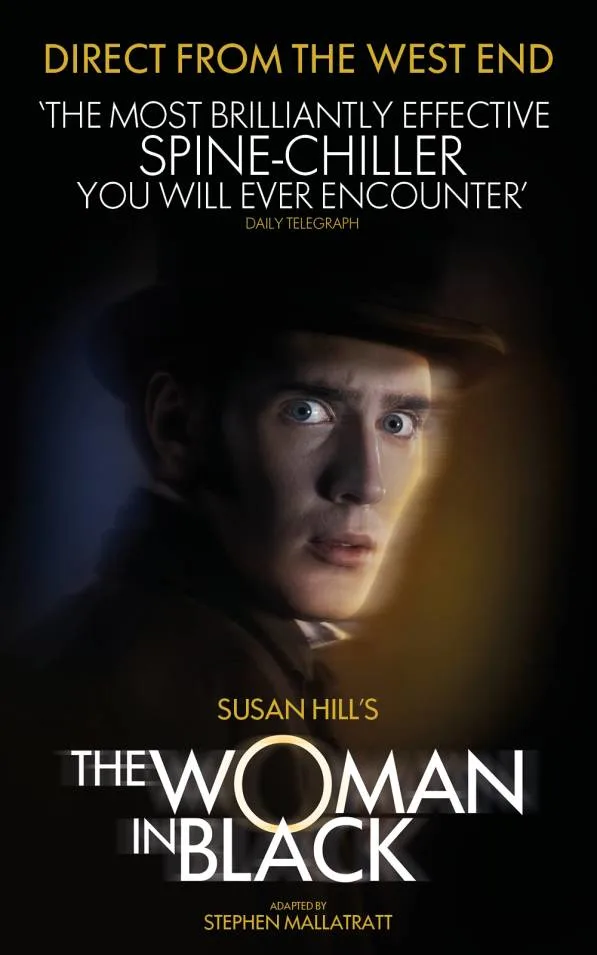
This one is a slight cheat, but bear with me. Susan Hill’s gothic horror novel is a modern classic, and the movie adaptation is a masterpiece of tone and atmosphere. But neither holds a candle to the stage adaptation of The Woman in Black. That play is a flawless work of art.
Inspired by Hill’s novel, the stage play of The Woman in Black utilises the unique elements of live theatre to create a layered, metafictional work of terror. Fans of the original novel and the film adaptation still haven’t seen the best that this story can be until they’ve seen the play.
Romeo + Juliet
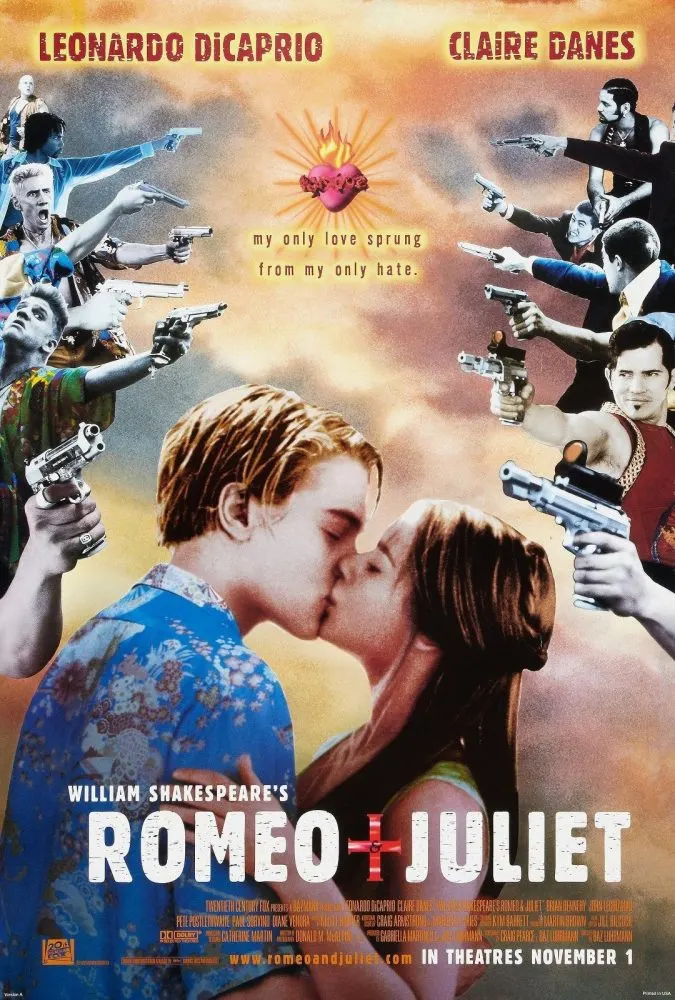
William Shakespeare is well established as the greatest wordsmith and storyteller in the history of English literature; an unmatched playwright and poet whose works will never be dethroned. And many great film adaptations of his works have come and gone, but none have stood up to the mastery of Baz Luhrmann’s Romeo + Juliet.
Set in ‘90s California, the film retains Shakespeare’s original script and delivers it with so much camp and melodrama. The pacing, tone, costumes, editing, casting, and line delivery—all of it is perfect. This is a film that respects Shakespeare’s legacy and does something wholly brilliant and memorable with it. A stunning piece of cinema.
